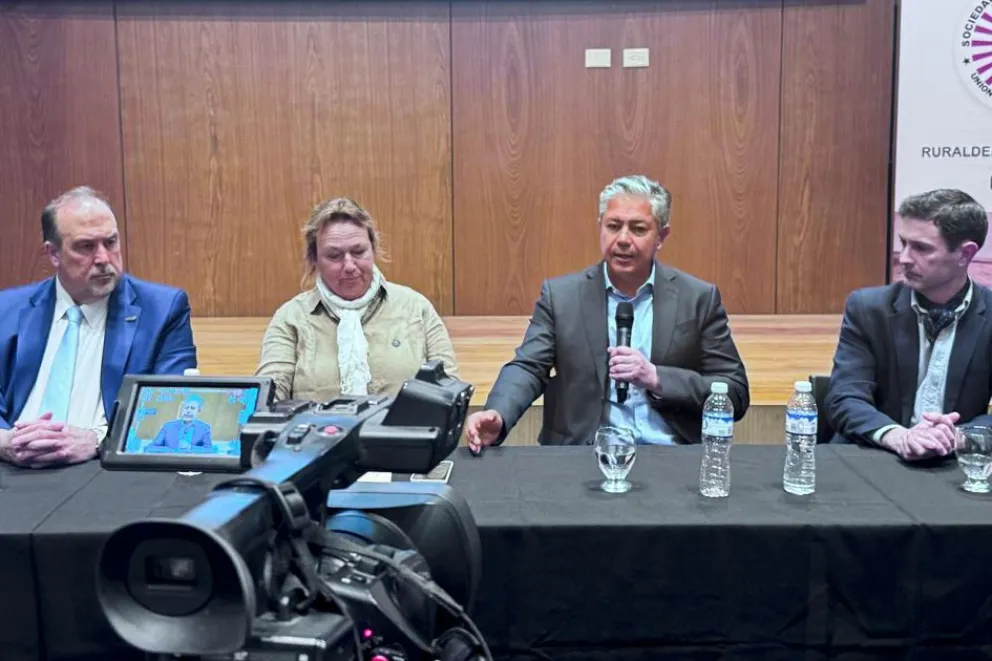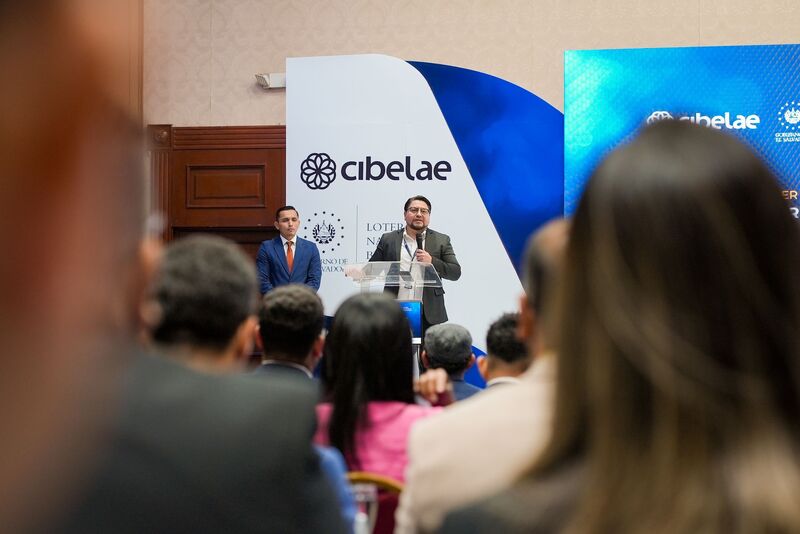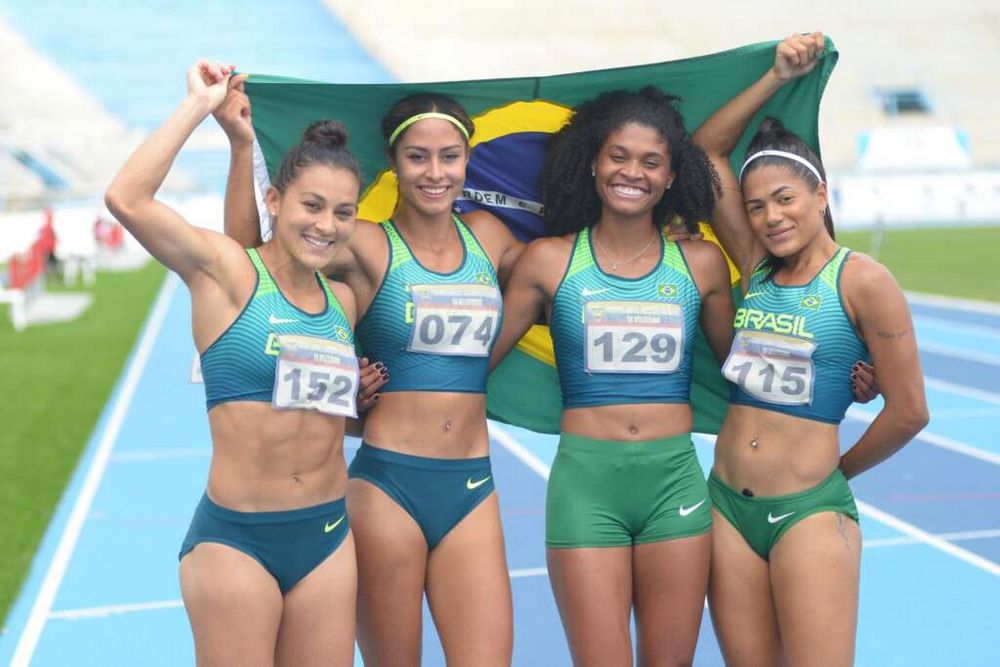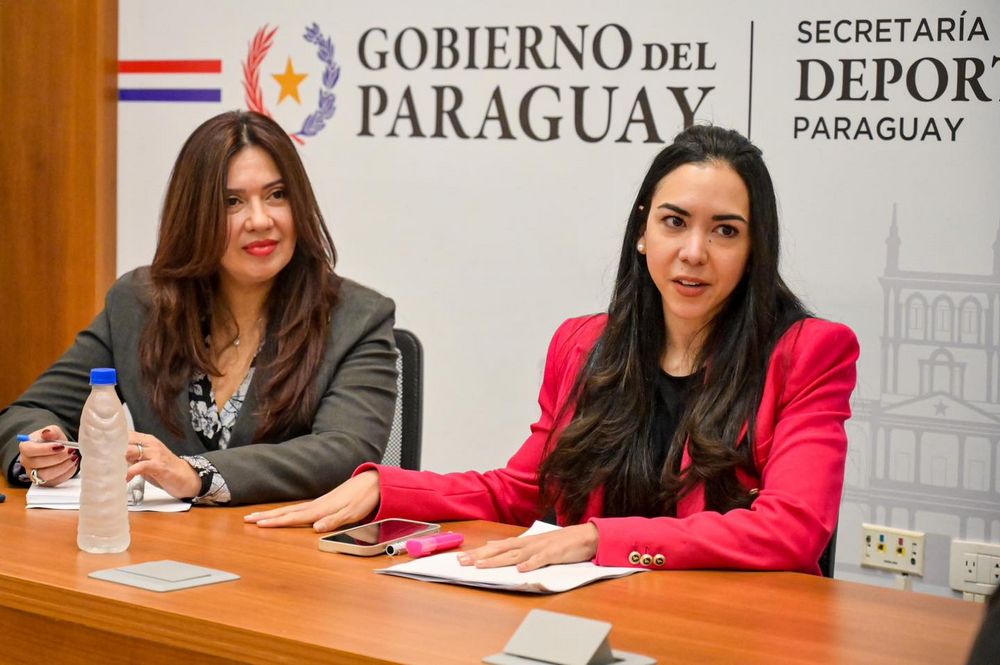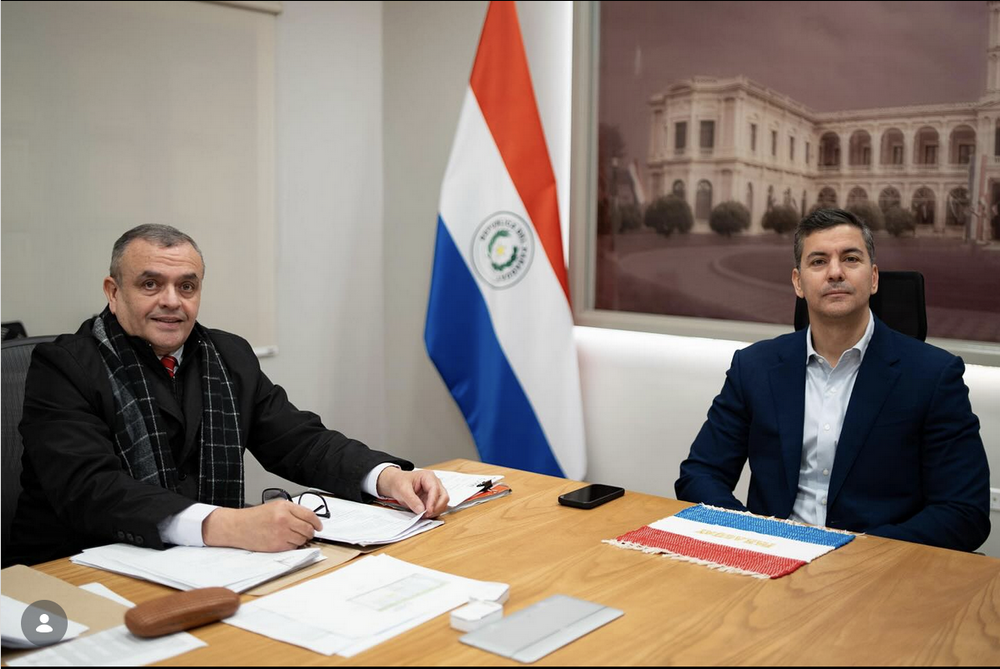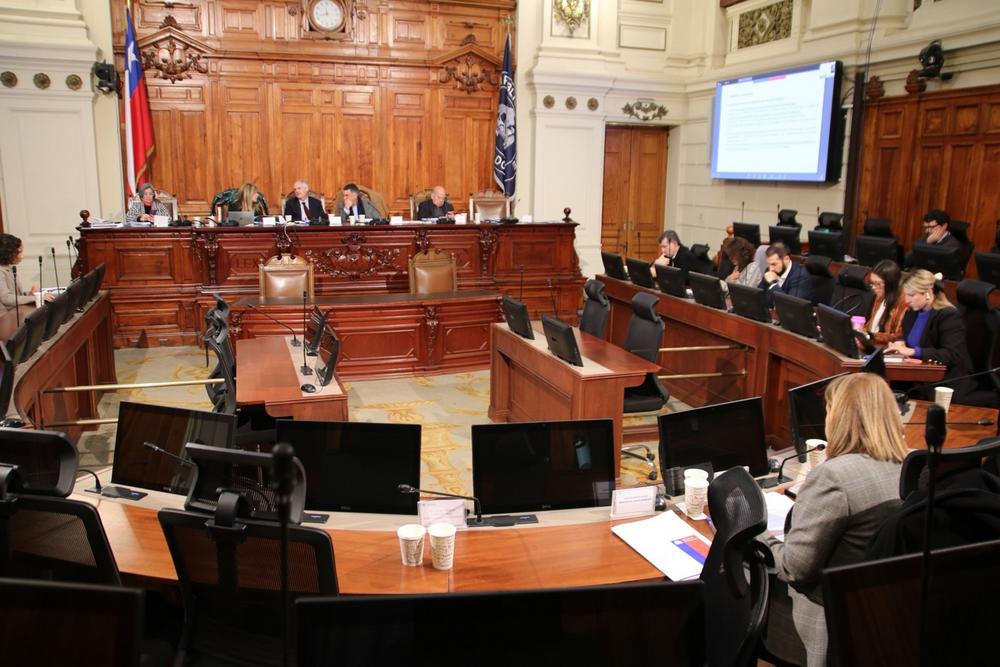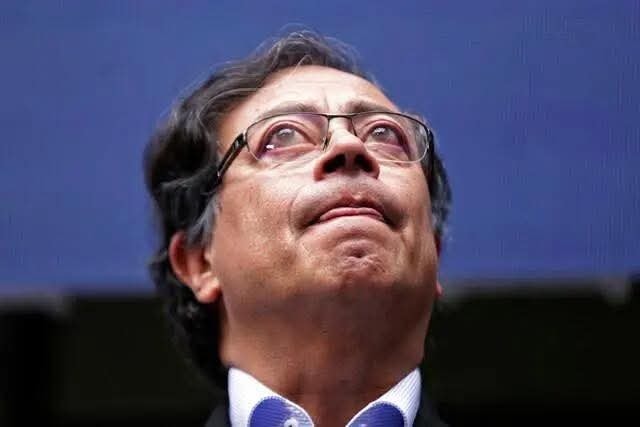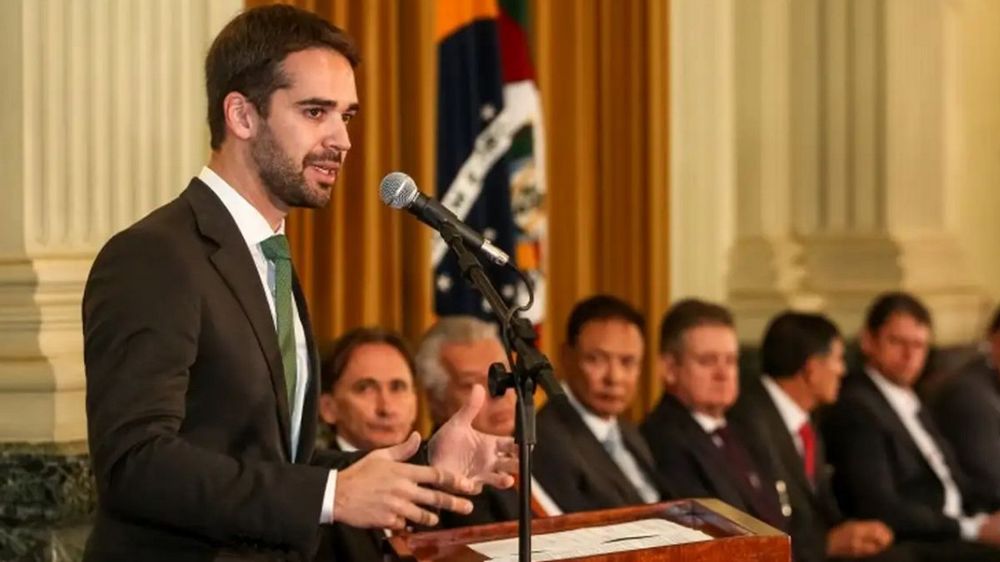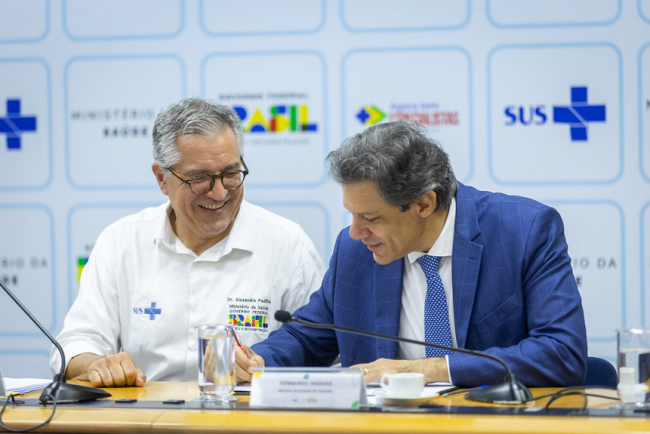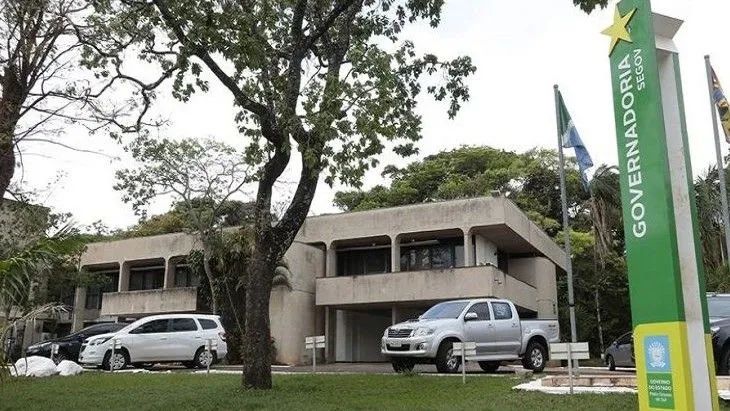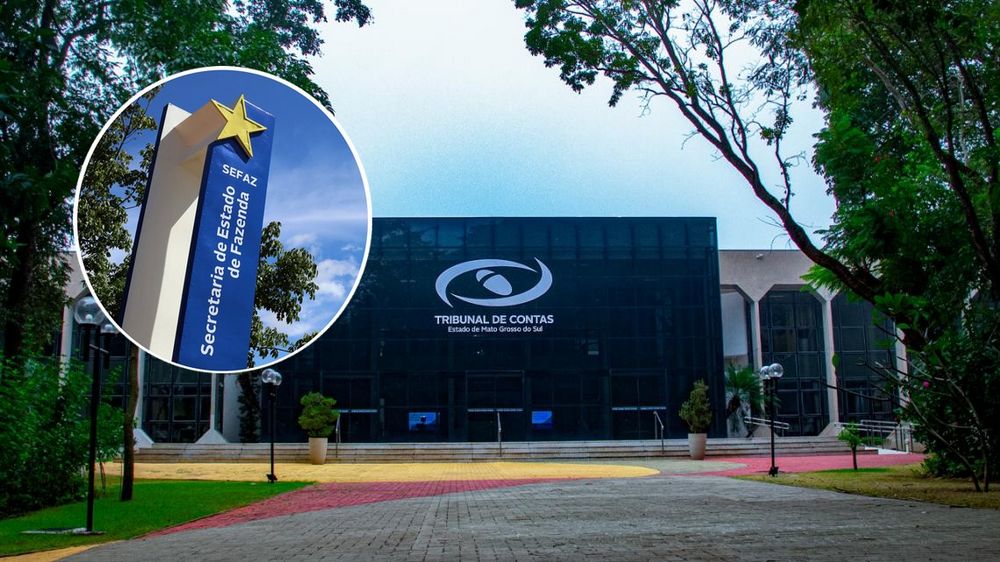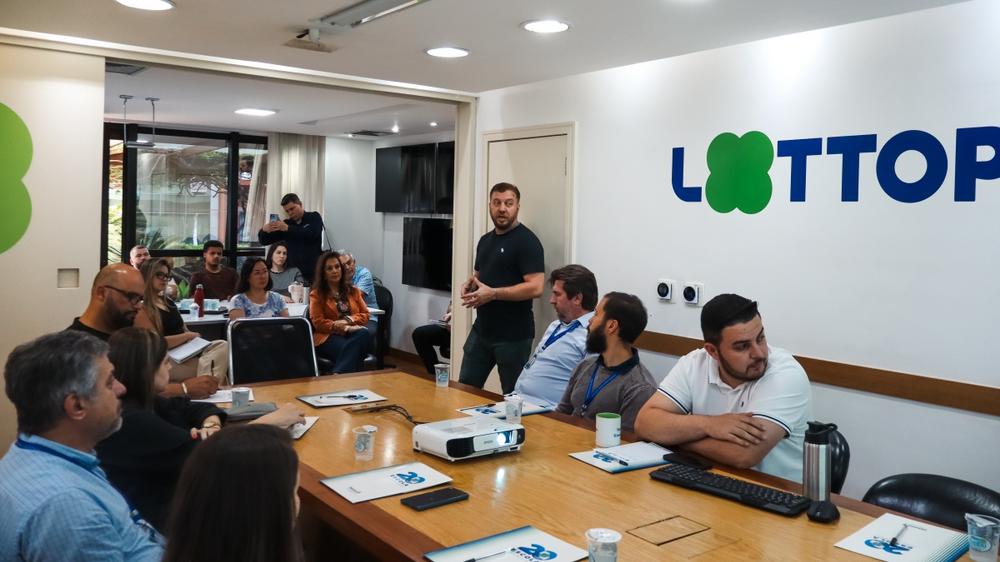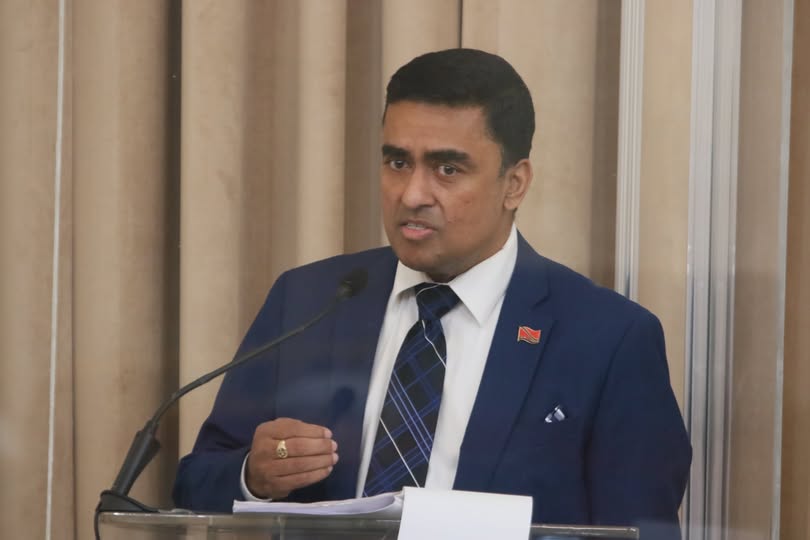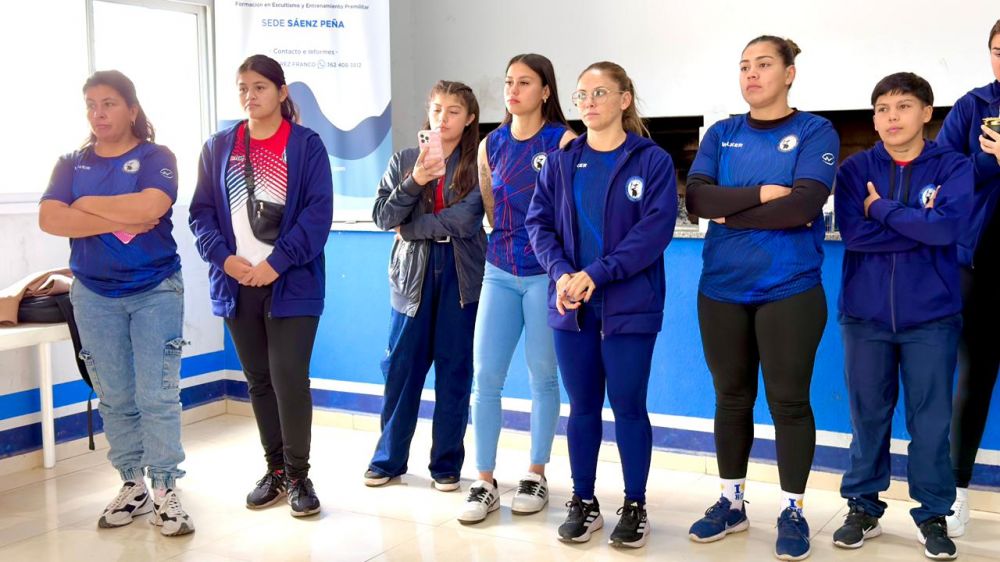Costa Rica’s government is stepping up its crackdown on illegal lottery networks following a large-scale criminal investigation known as “Operation Tómbola,” which uncovered widespread money laundering linked to unauthorized lottery sales.
On July 24, 2025, the Judicial Investigation Agency (OIJ) conducted 24 coordinated raids across the country. The investigation exposed a family-run criminal enterprise that laundered nearly ₡1 billion (approx. $1.9 million USD) between 2021 and 2022 through a vast network of legal and illegal lottery vendors. Authorities seized over ₡1.3 billion in cash, vehicles, real estate, and construction equipment.

Eight people were arrested, including current and former employees of Costa Rica’s National Lottery administrator (Junta de Protección Social – JPS), the Ministry of Health, and the Banco Nacional. The operation revealed how criminal groups used 200+ retail points to funnel illicit lottery earnings into legitimate-looking businesses such as liquor stores, bookstores, auto dealerships, and construction firms.
In response, the JPS has confirmed it will support—for the third time—a bill to impose harsher penalties on illegal lottery operators. Under Costa Rican law, the current 1950 gaming statute classifies clandestine lottery sales as an administrative issue, not a criminal offense. JPS Executive President Esmeralda Britton called the current law outdated and ineffective in dismantling organized networks.

The proposed reform would criminalize illegal lottery operations and include penalties of up to 10 years in prison and fines of up to 10 base monthly salaries. Officials argue that the legal vacuum has enabled organized crime to exploit a high-demand market while undercutting the JPS, which funds public health and social programs.

Costa Rican authorities believe that unless the law is changed, future “Tómbola-style” networks will continue to flourish in legal grey areas.
As the country modernizes its regulatory and enforcement framework, the JPS is also calling on the public to report illegal sales and support only official lottery vendors.











